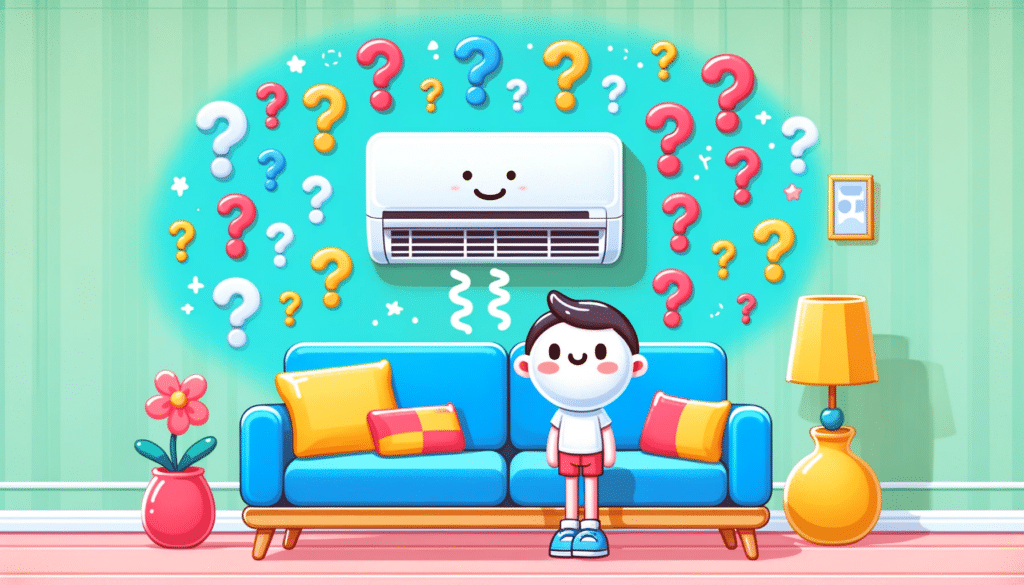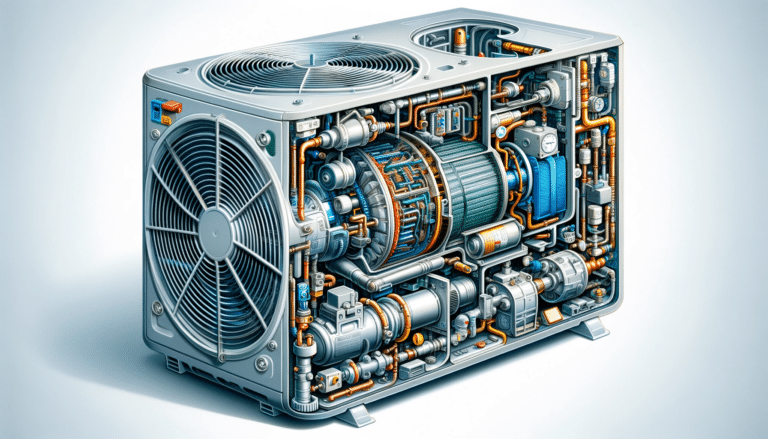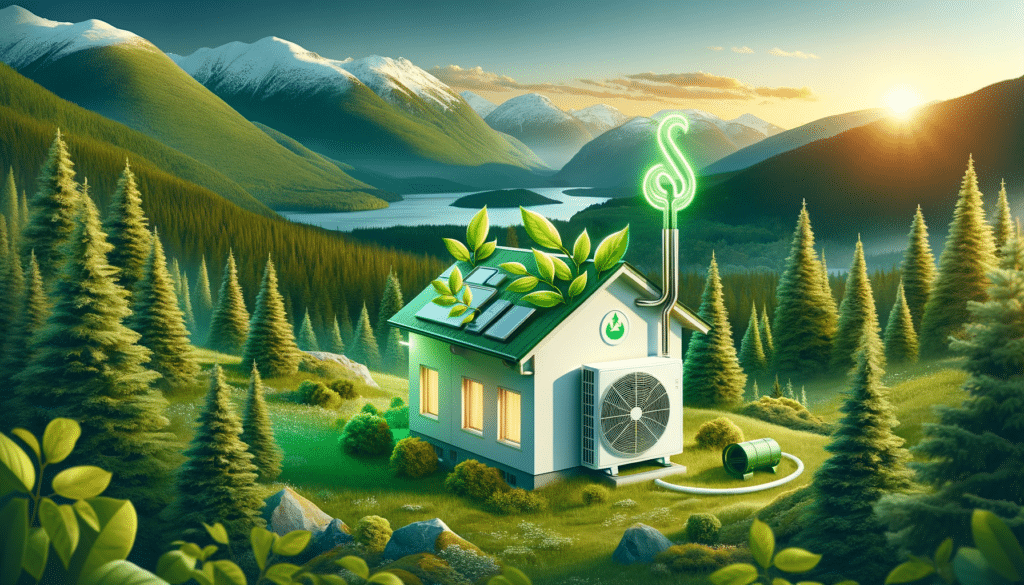
Hello, Lower Mainland residents! As experts in home comfort, we at Veteran Heating and Cooling often get asked about heat pumps. Here’s a deep dive into your most common questions.
1. What is a Heat Pump and does It Worth It in BC?
That’s the magic question, isn’t it? a heat pump is basically an energy-efficient system that transfers heat from outside to inside your home for heating and simply reverses the process for cooling. As the name goes – it pumps heat from one side to the other.
In BC’s climate, where extreme cold is not common (thankfully!), a heat pump is a fantastic investment. It’s efficient in moderate climates, reducing your reliance on more expensive heating options.
Especially in areas with milder winters and cooler summers, heat pumps offer a cost-effective, environmentally friendly solution to maintain comfortable indoor temperatures year-round.
2. How Much Electricity Does a Heat Pump Use?
This is probably the most concerned question we’re having, so I’ll try answering it as clear as I can :-)
The electricity usage of a heat pump can vary, but they are generally more efficient than traditional heating systems like furnaces and baseboard heaters.
For an average-sized home, a heat pump uses significantly less electricity compared to conventional electric heating systems. This efficiency translates to lower energy bills. However, the exact savings depend on factors like your home’s insulation, the heat pump’s size, and your local climate.
One thing that may people don’t think about when converting from Furnace to Heat-pump, is that although the electricity bill goes up, the gas bill goes significantly lower, and eventually balancing itself out, with a major improvement to their home.
To make it simple – while the usage might be higher than a simple space heater, the overall energy costs and efficiency are typically better with a heat pump.

3. How to Clean a Heat Pump?
Regular cleaning is key to maintaining a heat pump’s efficiency. Start by turning off the power to ensure safety. For the outdoor unit, remove any debris, leaves, or dirt that may block airflow. For the indoor unit, clean or replace the air filters regularly, as clogged filters reduce efficiency. The indoor coils and fans should also be dusted and checked for any signs of mold or dirt build-up.
While homeowners can perform basic cleaning, an annual professional check-up is recommended but not mandatory to maintain optimal performance and prevent potential issues.
4. How Long Does a Heat Pump Last?
On average, a heat pump lasts about 15 years, though with diligent maintenance, some can even reach 20 years of service.
Like any HVAC equipment, its lifespan depends on several factors, including the quality of the installation, the model’s quality, and how well it’s maintained. Regular maintenance, like annual professional servicing and prompt repairs, can significantly prolong its life.
A well-maintained heat pump not only lasts longer but also runs more efficiently and reliably throughout its life.
5. How to Apply for a Heat Pump Rebate?
In BC, homeowners can take advantage of various rebate programs for installing energy-efficient heat pumps. Programs like those offered by the Federal Government, BC Hydro or FortisBC provide substantial rebates. To apply, you must meet certain eligibility criteria, such as using qualified contractors and ensuring the heat pump meets specific efficiency standards. The application process usually involves submitting proof of purchase and installation.
At Veteran HVAC, we assist our customers in understanding these requirements and provide support throughout the application process to ensure they get the maximum rebate possible. We work closely with the government officers, and we never had any rebate denied for our installations.

6. What Are the Advantages and Disadvantages of a Heat Pump?
Advantages of heat pumps include:
Energy Efficiency: They use less electricity compared to traditional heating systems.
Environmental Impact: Heat pumps have a smaller carbon footprint.
Versatility: They provide both heating and cooling.
Improved Air Quality: With regular maintenance, they can improve indoor air quality.
Disadvantages OF HEAT PUMPS INCLUDE:
Performance in Extreme Cold: Their efficiency can drop in very cold temperatures, requiring sometimes a supplementary heat source, such as a furnace. We make a thorough inspection and will explain the best solution to your home before choosing a product.
bottom line
We hope this guide provides a clearer picture of what heat pumps can offer. Whether you’re considering an installation or just curious, feel free to reach out to us at Veteran Heating and Cooling for more information. Stay comfortable, BC!
